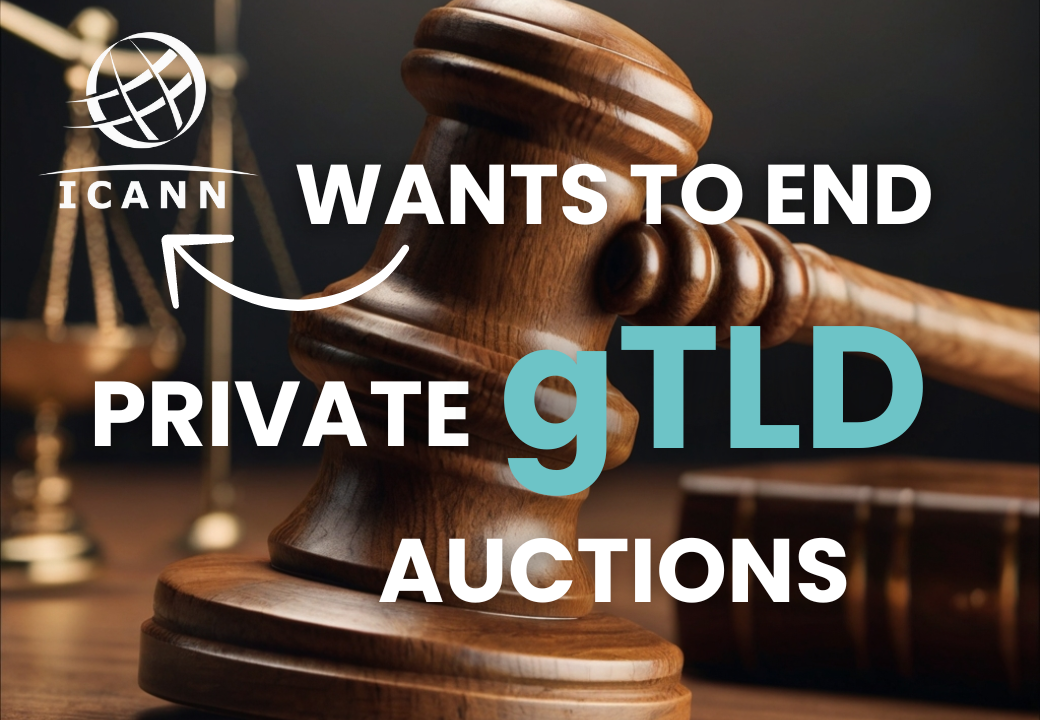In the ever-evolving landscape of the internet, the method by which new generic top-level domains (gTLDs) are allocated is under scrutiny. With the next application round on the horizon, a significant change could be afoot — private auctions, a previously common practice among competing gTLD applicants, may soon find themselves on the chopping block.
The Internet Corporation for Assigned Names and Numbers (ICANN), the body responsible for coordinating the maintenance and procedures of several databases related to the namespaces of the internet, is reportedly reevaluating the role of private auctions. The organization is exploring alternatives that discourage this practice in favor of a more transparent, ICANN-led auction process.
Historically, private auctions have been lucrative for losing bidders, often resulting in substantial financial exchanges. However, this has raised concerns about fairness and the potential for abuse. In response, ICANN is considering mechanisms to incentivize more equitable resolution methods for domain name contention sets, such as last-resort auctions directly managed by ICANN.
The move aligns with advice from the Governmental Advisory Committee (GAC), suggesting a shift towards either banning or strongly disincentivizing private financial resolutions. The aim is to foster a more honest and equitable domain name system, avoiding practices that could undermine the integrity of the gTLD expansion process.
Implications for the domain industry
The potential ban on private auctions marks a pivotal moment for the domain industry. Stakeholders are closely watching as ICANN formulates its approach, balancing the need for fair competition with the industry’s inventive spirit. The outcome could redefine how new domain spaces are acquired, emphasizing transparency and good faith in the digital era.
As we await final decisions, the conversation around gTLD allocations highlights the broader challenges of governing the digital landscape. Balancing innovation with fairness remains a central theme as the internet continues to expand, promising new opportunities and complexities alike.
Kamil Kołosowski
Author of this post.
